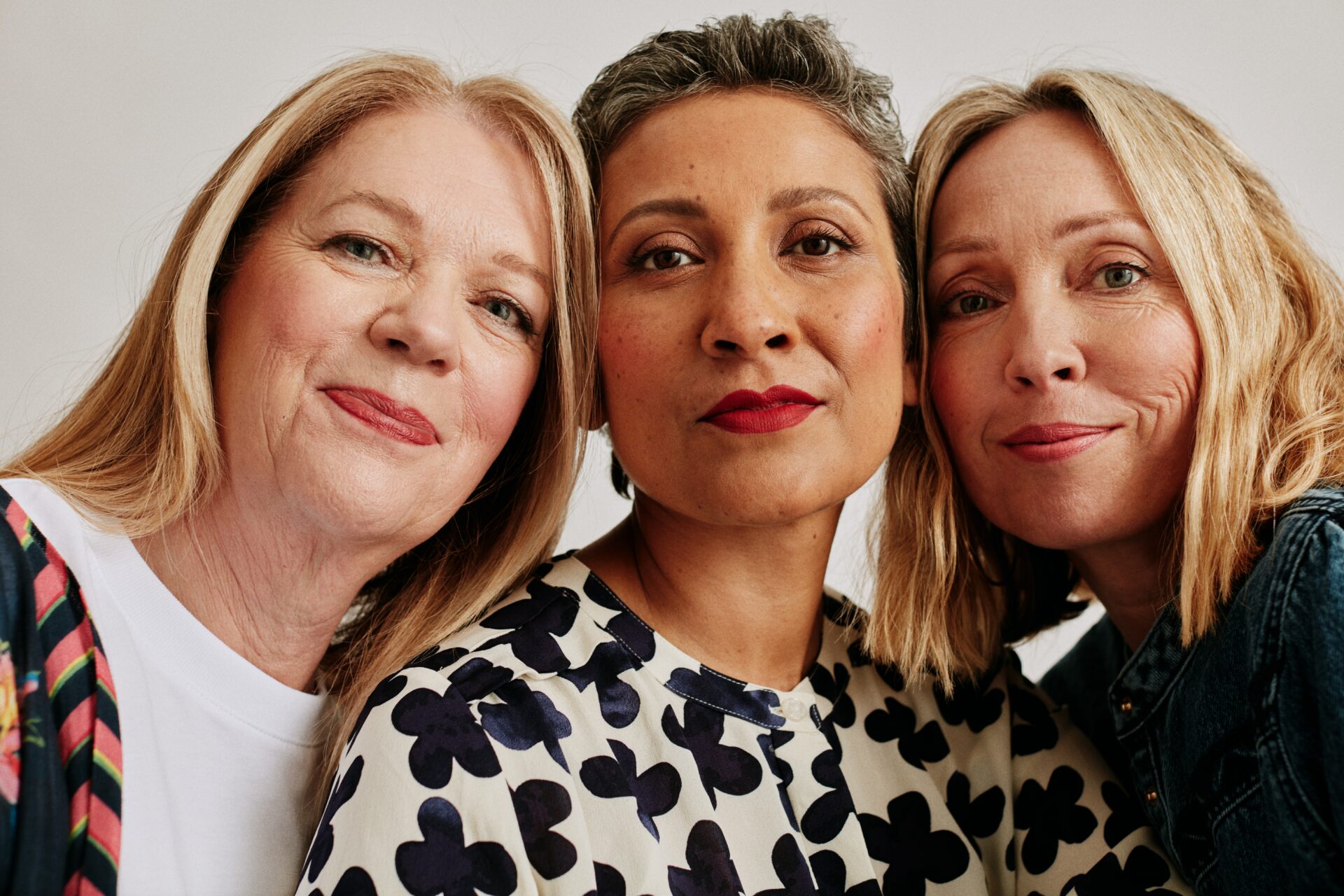You’d be forgiven if you thought that younger people are the most successful at launching successful businesses. After all, they pretty much get all the media attention. But a 2020 academic study set the record straight: older founders perform better.
“We find that age indeed predicts success, and sharply, but in the opposite way that many propose. We find no evidence to suggest that founders in their 20s are especially likely to succeed. Rather, all evidence points to founders being especially successful when starting businesses in middle age or beyond,” the study authors wrote.1
According to their data, the mean age of founders at launch for “1-in-1,000 fastest growing new ventures” was 45. This holds up even in high-tech sectors and successful exits.
| Pro Tip: Anecdotal evidence and academic research show that prior industry, sector, or product experience creates a much higher likelihood of entrepreneurial success. This runs contrary to a lot of news reporting that highlights the outsider status of some young entrepreneurs. So that’s extra points for you if your new venture is in an area where you’ve done business before. |
What does this mean for you? If you’ve got an idea for a venture – from a lifestyle business to the next tech unicorn – this is your time.
Advantages of Age
It’s really no surprise when you think about it. Older adults have advantages our younger colleagues just don’t, among them:
- Life experience
- Informed insights
- Robust networks
- Access to capital
1. Life Experience
Our lived experience provides important context and perspective that are beneficial to business. We have a strong sense of what works and what doesn’t, possess an innate understanding of long- versus short-term, and have (hopefully) learned valuable lessons.
“Life experiences – not just experience in business, but in every facet of your life – can be worth their weight in gold when you realize how they can help you in future endeavors,” notes Aristotle Makris, CPA, CFP®, of The Planning Center’s Chicago office. He speaks from experience as a former founder and a current tax advisor.
“While not always the case, 50-plus years of life have most likely sent most of us down the wrong road a time or two…or three or four,” he laughs. “These experiences, especially the failures, have given you critical ammunition to be able to assess risks associated with a new venture, and can position you to more effectively and efficiently move forward, grow, and maneuver during the good and the bad.”
| Pro Tip: Anecdotal evidence and academic research show that prior industry, sector, or product experience creates a much higher likelihood of entrepreneurial success. This runs contrary to a lot of news reporting that highlights the outsider status of some young entrepreneurs. So that’s extra points for you if your new venture is in an area where you’ve done business before. |
2. Informed Insights
More seasoned founders also have a lifetime of real-world observations and buying experience, market insights that can be very useful when building a business.
“You’ve been through major life events and understand how they impact individuals, families, communities, and leaders,” explains Jill James, CEO and founder of Los Angeles-based The Jill James, who coaches founders and first-time owners. “You’ve experienced friction and frustration and know where you might be willing to pay for something different.”
We’re also part of a very large, relatively wealthy, and frequently underserved market.
“Besides drugs and medical devices, most companies don’t develop for older consumers,” James continues. “So, when you see something you can solve for your peers, there’s a good chance nobody else is taking the same interest in that problem. You have a unique point of view from where you sit every day. That’s a strength. And you’re not afraid to pick up the phone and talk to people – also a huge advantage over the email- and text-only crowd.”
3. Robust Networks
By this time in our lives, we’ve got a lot of professional and personal relationships, and we know how to comfortably enhance these existing connections while creating new ones. Multiple studies looking at the traits of successful entrepreneurs agree that a strong network is vital. While the sheer number of contacts isn’t a predictor of success, leveraging a small group of close connections is2.
“These relationships are important as they may be able to provide emotional support and guidance,” Makris notes. “There are many moving parts in a business, and it helps to have trusted people that you can rely on. Some of these relationships may help to develop your business or handle key departments of your venture.” Others, of course, might become your first and most loyal customers.
4. Access to Capital
Any venture you set out on requires some initial and working capital – even if you’re making or coding from a corner of your living room.
“Being over 50 may have some benefits,” Makris says. “If you did well in life, you may have saved up some money, purchased a house, and made some other investments.” Our age, experience and collateral may make us eligible for a loan with specific collateral supporting it rather than a personal guarantee. “This can provide a big leg up versus someone younger that may not have the resources to properly start up a business – and then fail due to lack of funding.”
What does all this mean for you?
If you’re dreaming about starting your own business, your age and experience position you to have a good shot at success. Why not take some baby steps toward launch? Click here for tips on getting started.

1 Azoulay, Pierre, Benjamin F. Jones, J. Daniel Kim, and Javier Miranda. 2020. “Age and High-Growth Entrepreneurship.” American Economic Review: Insights, 2 (1): 65-82.
2 Size does not matter – in the virtual world. Comparing online social networking behaviour with business success of entrepreneurs. Peter A. Gloor, Stephanie Woerner, Detlef Schoder, Kai Fischbach, and Andrea Fronzetti Colladon International Journal of Entrepreneurial Venturing 2018 10:4, 435-455
Disclaimer: This information is not intended as a substitute for professional financial, accounting, tax, or legal consultation; it is provided “as is” without any representations or warranties, express or implied. Always consult professionals when you have specific questions about any financial matter.





Responses